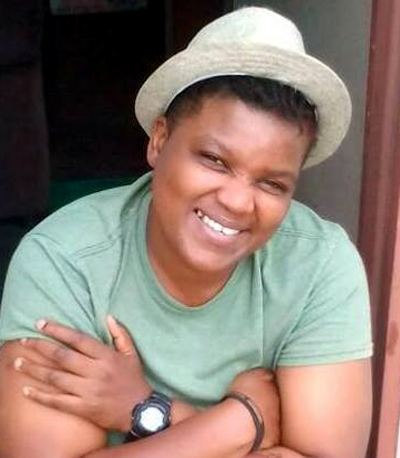
One online dictionary describes escapism as “the avoidance of unpleasant, boring, arduous, scary, or banal aspects of daily life”.
By Chipo Masara
Rather than bath in their experience of life — which is more often than not mired by numerous unpleasant things — it is common for people all over the world to find a way of escaping that allows for the shutting out of all the bad, even just for a moment.
It, however, has to be in Zimbabwe where escapism has been embraced in totality. Escapism has become the order of the day.
Zimbabwe is a country with many troubles, most of which have emanated from the economic cesspit that has seen us sink deeper every year.
While there are very rich people in the country, evidenced by the expensive posh cars they buy and the mansions they are building, the majority of Zimbabweans are drowning in unimaginable poverty — especially those living in remote long-forgotten areas that only ever get remembered when the country edges closer to the election period.
Thus, the government has managed to create a classic case of “the haves and the have-nots”.
For those that fall into the “have-nots” group, life has been proving to be a tempestuous journey filled with blood, sweat and tears.
- Chamisa under fire over US$120K donation
- Mavhunga puts DeMbare into Chibuku quarterfinals
- Pension funds bet on Cabora Bassa oilfields
- Councils defy govt fire tender directive
Keep Reading
Life for this group is full of upheavals that do not look like they will go away anytime soon. The hopelessness is clearly written on many faces.
Many of those that are having it tough — and they make up the majority of people living in the country — are convinced they have no real power to make things better.
In fact, simply speaking out against the powers that be and the misrule is considered a taboo — something that only those looking for trouble will do.
This is especially the case in rural areas because in cities and towns, many fed-up Zimbabweans are starting to find their voice — although at an extent that does nothing to bring the change that they seek.
Youths, most of whom have acquired an education and know exactly what they want — opportunities to excel in their different fields and help take the country forward — wind up roaming the streets because jobs are almost impossible to come by, with a few coming to terms with their sad reality and settling for menial jobs like selling airtime at street corners.
Their country does not presently allow the bulk of them to explore their energies and make something of their lives. But because these are their prime years, many youths have more energy than they know what to do with.
Energy that could have been better used to discover new scientific breakthroughs, to create greener products that don’t harm the environment, to come up with ways to lift the country out of poverty, etc. is all being expended carelessly, to no meaningful purpose.
It is no longer a secret that the youths, especially those that live in high-density suburbs and remote areas, are major consumers of intoxicants.
Because the bulk of them are too poor to afford a decent beer, they resort to any cheap and accessible forms of intoxicants — as long as they help keep them in a perpetual state of drunkenness.
BronCleer — a cough syrup — marijuana and cheap home-made highly lethal alcoholic brews are in high demand among these youths. Some are said to have taken it a notch up and have resorted to taking drugs meant for the mentally-challenged to achieve that sought-after drunken state.
It is common to find youths either sleeping by the roadside or walking in a way that makes them resemble zombies as they roam the streets.
But resorting to activities that help one escape from physical, mental or psychological pain is not only confined to the youths, although that remains the group most affected.
Men and women that were put out of work as the country continues to deindustrialise and companies continue to close shop, have been having a torrid time in attempting to put food on the table for their families and meet their daily financial obligations. These have also had to find different escape routes.
While traditionally, beer drinking and partying used to be pretty much a preserve for the husbands, today the setup has shifted. Women today enjoy almost as much as their men going out to different outings where alcohol, blaring music and gyrating of hips are the main highlights; either that or they will join one of the mushrooming churches led by “prophets” and “prophetesses” that promise them prosperity, healing and generally an end to all their troubles.
Many have had to learn the hard way that most of the newly-emerging so-called “men of God” are in fact wolves in sheep’s clothing that saw an opportunity to make a life for themselves on the back of the ill-informed and sometimes delusional masses’ desperation for a hand out of the dark hole they find themselves in.
Sadly, evidence always seems to point to a bitter ending in most of the escape routes Zimbabweans are taking.
What is even more tragic is the fact that when they come back from their sources of escapism, the problems they had tried to escape from will still be there — only this time they will be even bigger!
l Feedback: [email protected]











